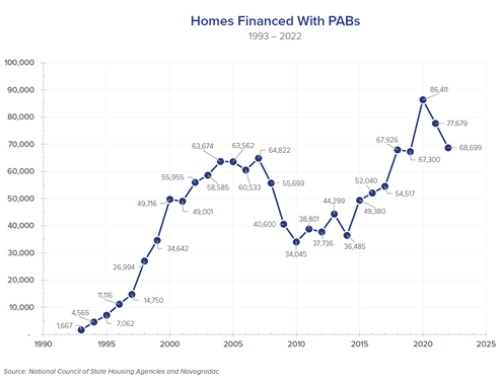
Baker Tilly’s podcast series specifically for professionals in the multifamily housing industry.
Allison King and Kent Neumann of the law firm Tiber Hudson, join BuzzHouse to discuss their new bond structuring solution, known as the ”cash-backed forward structure”.
Allison and Kent share the lightbulb moment that led to the creation of this structure, as well as why the current yield curve makes the structure so appealing at this point in time. Plus, they dive into the details of how the structure works and how it can benefit your deals. This is an educational episode you do not want to miss!
Special guests
Allison King | Tiber Hudson
Allison King is a partner in the Charleston, South Carolina office of Tiber Hudson LLC, where her practice is focused in the role of underwriter’s counsel and bond purchaser’s counsel for affordable housing transactions. Allison is an industry leader in innovative tax-exempt bond and loan structures for 4% LIHTC deals. As a public finance attorney, Allison has participated in the issuance of approximately $6.5 billion of bonds involving financing structures including FHA/GNMA, Fannie Mae, Freddie Mac, USDA, and private placement transactions for new construction, sub rehab, and preservation deals in rural and urban markets.
Kent Neumann | Tiber Hudson
Kent Neumann has been in the affordable housing and healthcare business for over 20 years. Mr. Neumann has served as underwriter’s counsel, purchaser’s counsel, bond counsel, lender’s counsel and borrower’s counsel and has also advised issuers and other clients on the legal and financial aspects of a wide range of tax-exempt and taxable financings around the country. Mr. Neumann has been one of the most innovative attorneys in his field creating and developing many of the financial structures used today in both housing and healthcare industries. Many of these structures have created millions of dollars in savings while simultaneously providing efficiency in the execution. In addition, Mr. Neumann has a unique level of experience in and knowledge of cash-flow modeling, rating agency requirements, credit enhancement programs, financial structures used today and other critical variables affecting bond financings.






